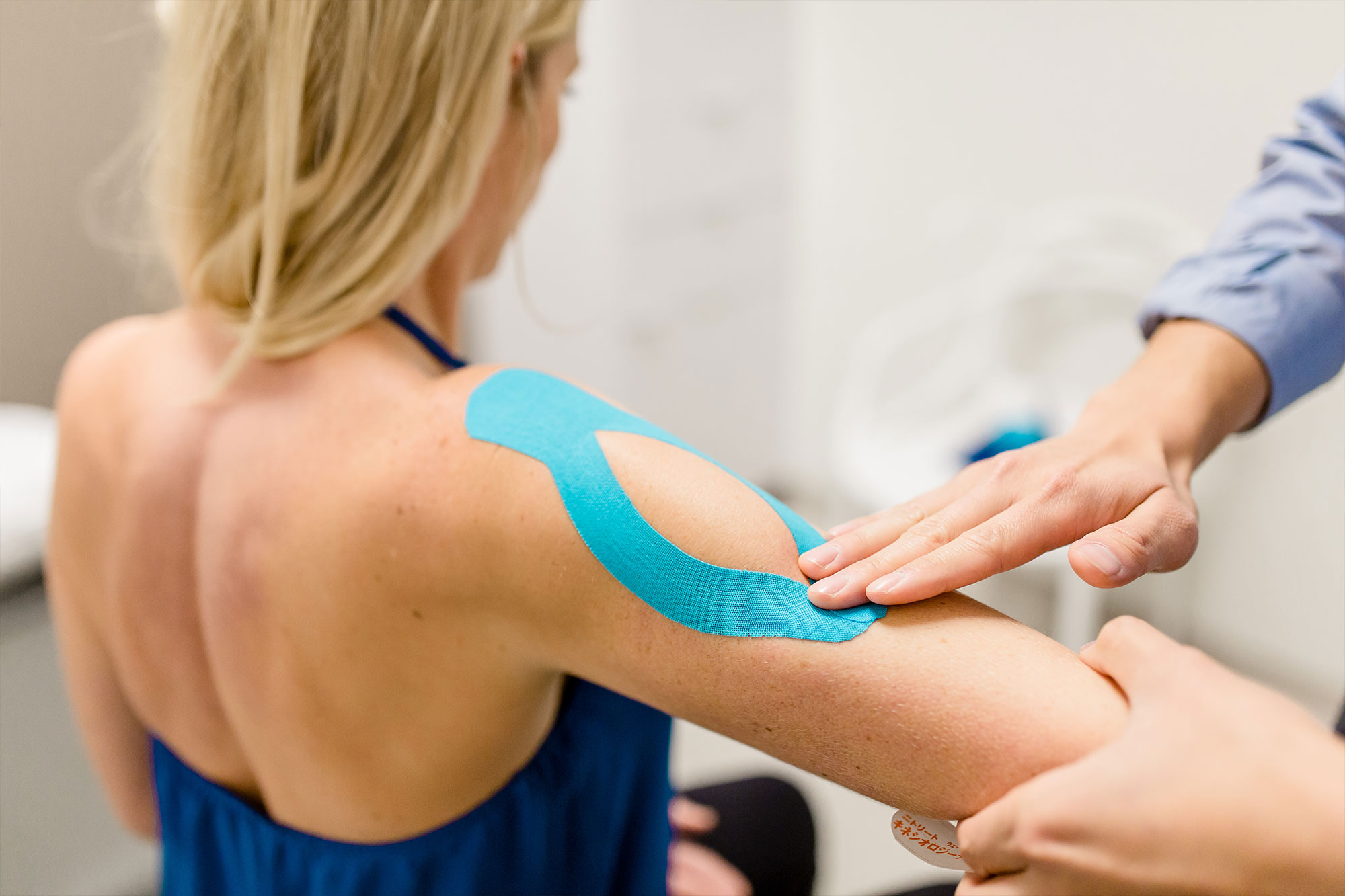Shoulder Pain
Overcome your shoulder injury faster with effective physiotherapy.
Common Issues
Shoulder injuries can happen for a number of different reasons – falling onto the outstretched arm, lifting something too heavy, repetitive movements or sustaining a blow to the shoulder.
It is a complex joint requiring expert assessment to diagnose the right shoulder treatment option.
Potential problems include:
Bursitis
Rotator cuff tears
Shoulder impingement
Labral tears
Instability, overuse injuries
Arthritis.
Our shoulder physiotherapy experts in Nairobi will accurately diagnose the problem and get you started on the right shoulder pain treatment plan
DIAGNOSIS
There are many structures that can be damaged in the shoulder including the rotator cuff group of tendons, subacromial bursa, shoulder ligaments, joint capsule, and all the muscles and associated joints about the shoulder. This is a complex joint!
Accurate diagnosis is essential to guide the right treatment approach for your shoulder. Our physios will perform a very specific physical assessment which will identify injured structures and joints that are either stiff or lax. They will go on to assess your shoulder biomechanics and find muscle imbalances such as weakness or tightness which may be perpetuating your problem. This close assessment guides your treatment plan and choice of treatment modalities.
Hands on Physiotherapy
After assessment your physiotherapist will use a combination of hands on physiotherapy techniques and exercise instruction to guide your recovery.
Hands on therapy is used to restore joint mobility and release tight muscles as quickly as possible. Your physiotherapist may even use dry needling techniques to get muscle knots to release. You may need a few sessions of hands on therapy to get your shoulder moving again without pinching or pulling.
Following expert assessment of your shoulder biomechanics our physiotherapists will then prescribe you a set of rehab exercises aimed at restoring smooth, pain free movement and preventing recurrence. This may involve strengthening the rotator cuff muscles, biomechanical re-education and stretching of tight muscles. The exercises will be tailored to suit your individual needs, i.e. at home or the gym.
Your physiotherapist will progress your exercises over a 4-6 week period to help regain strength and function in your shoulder.



